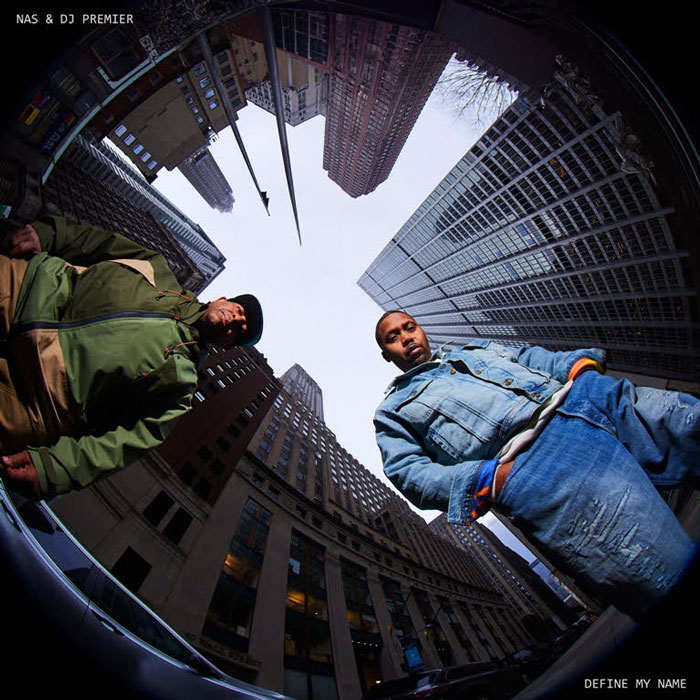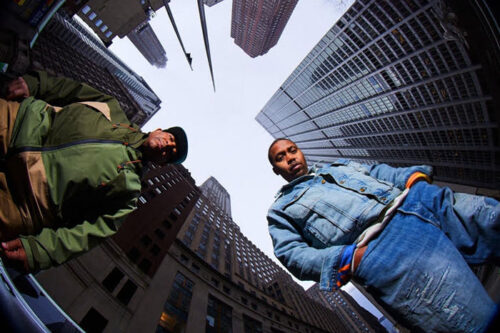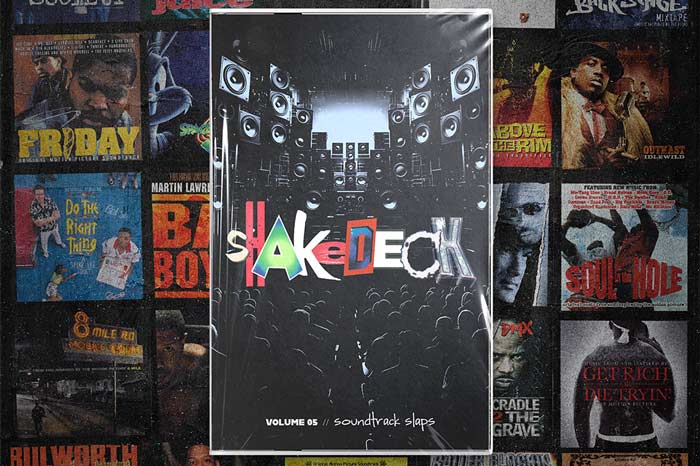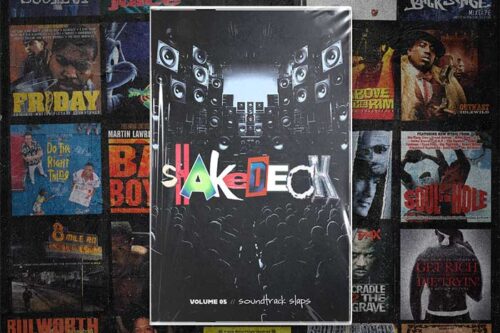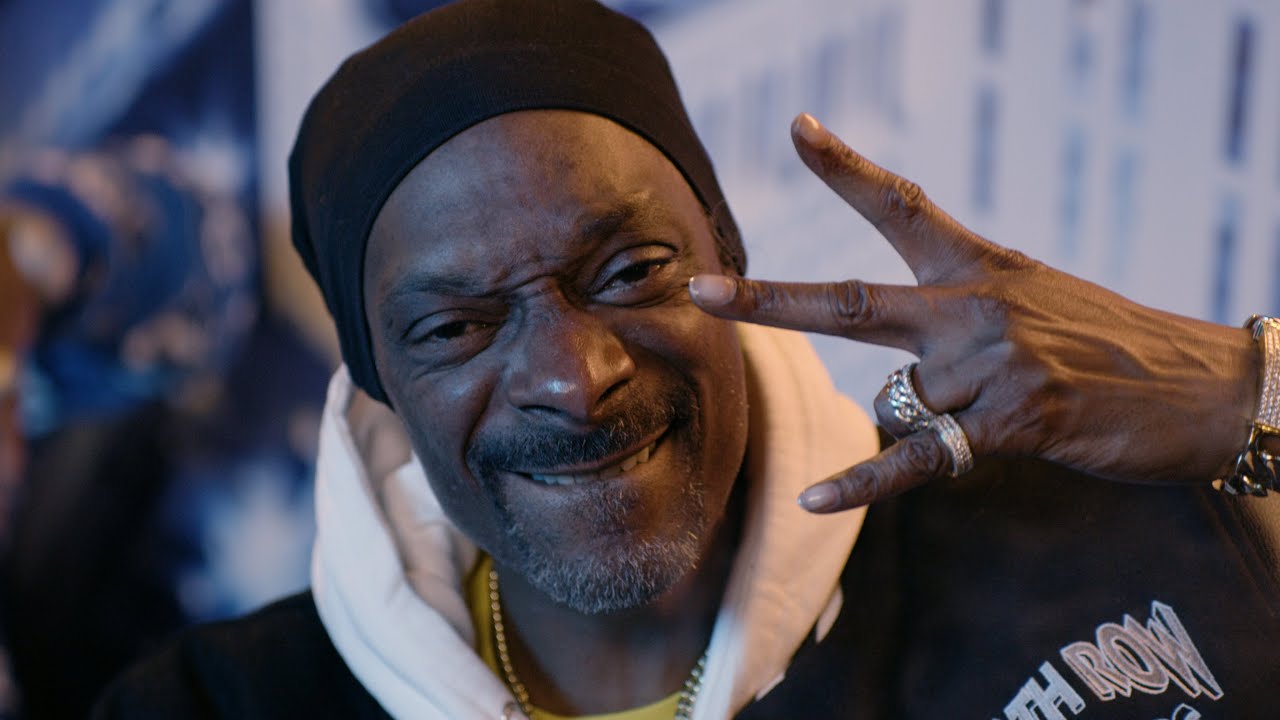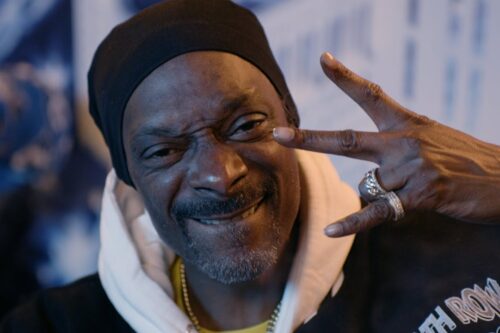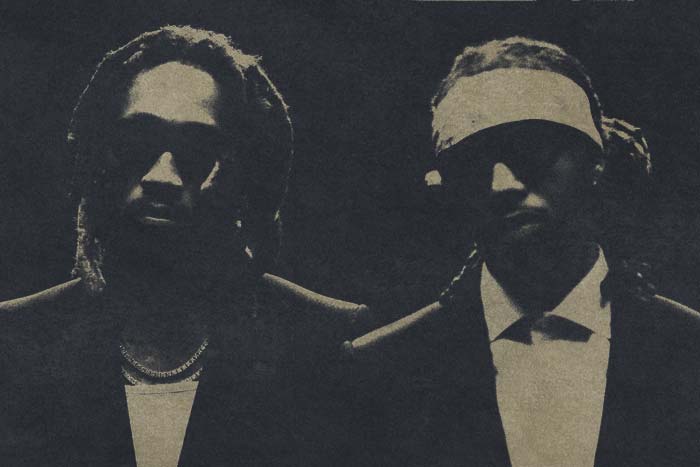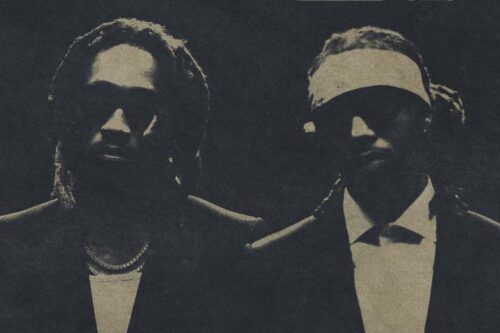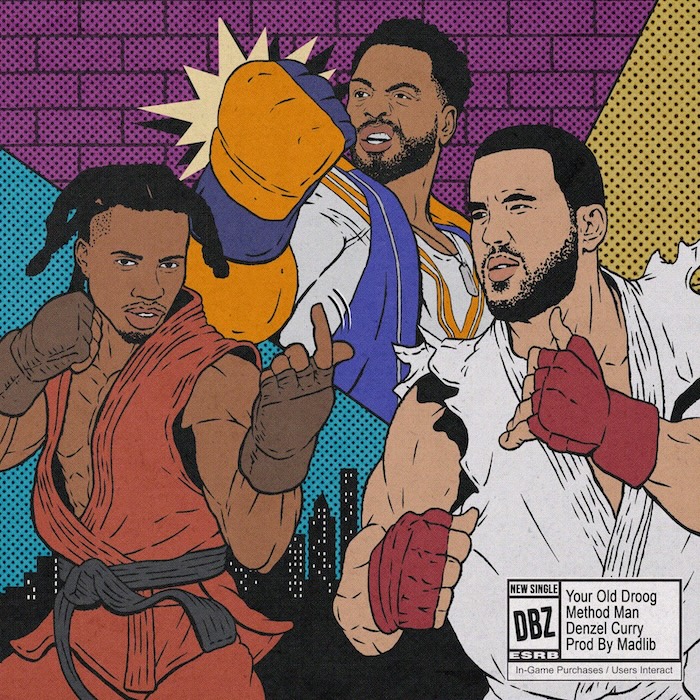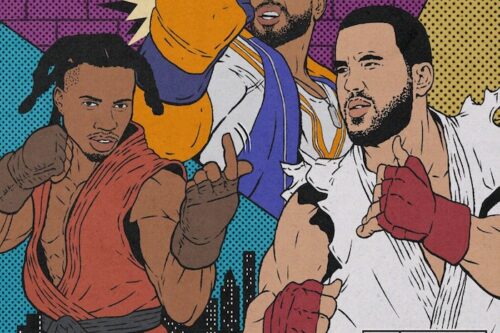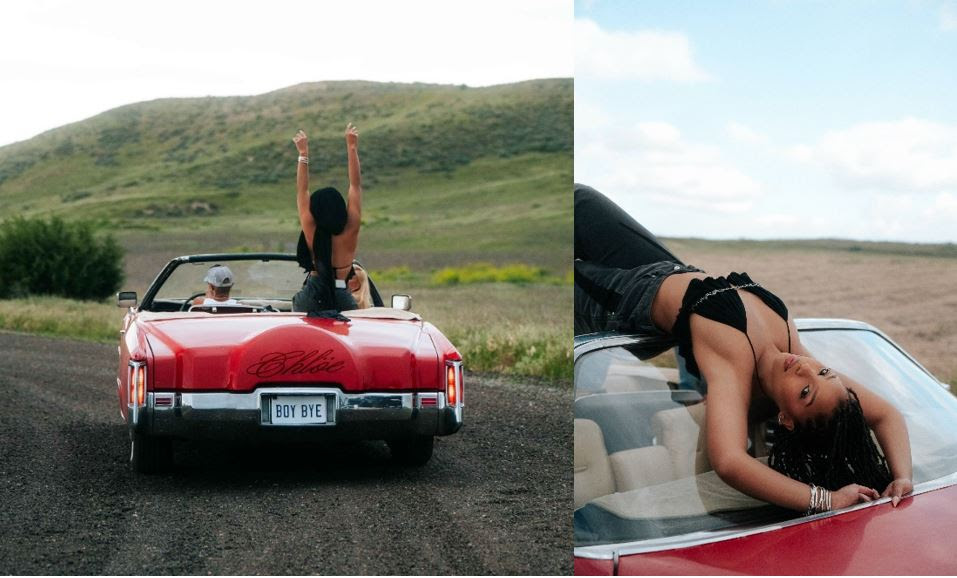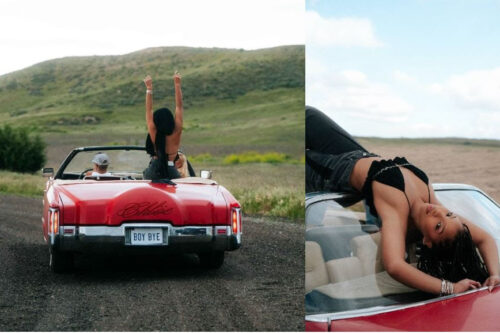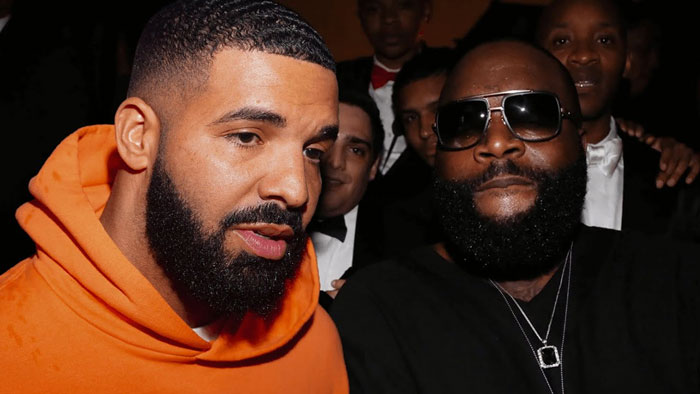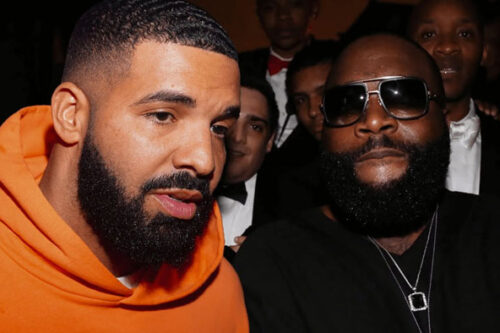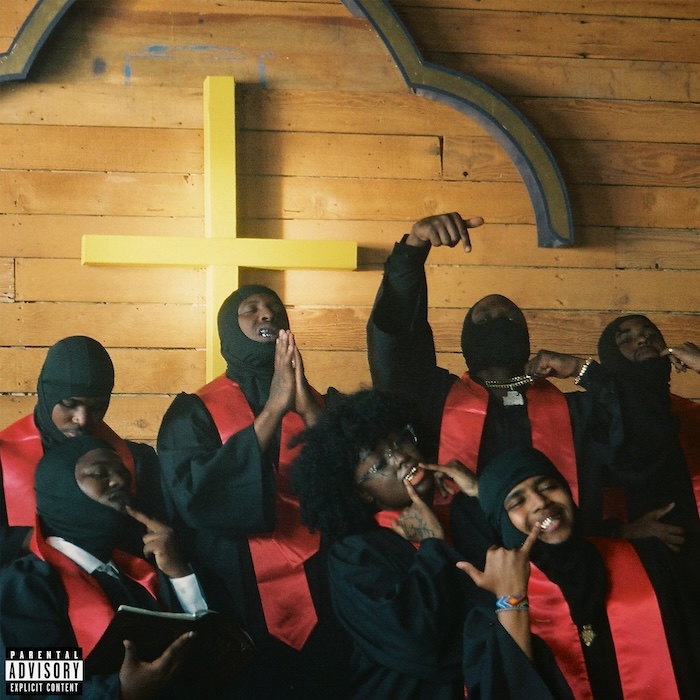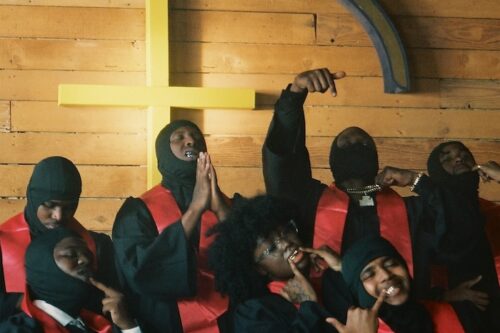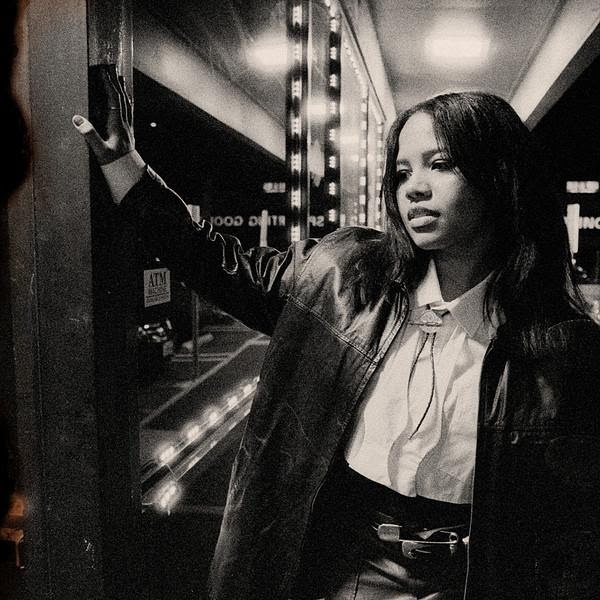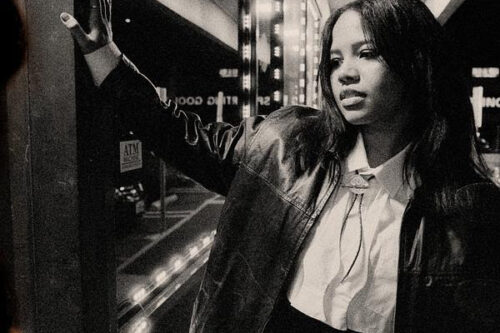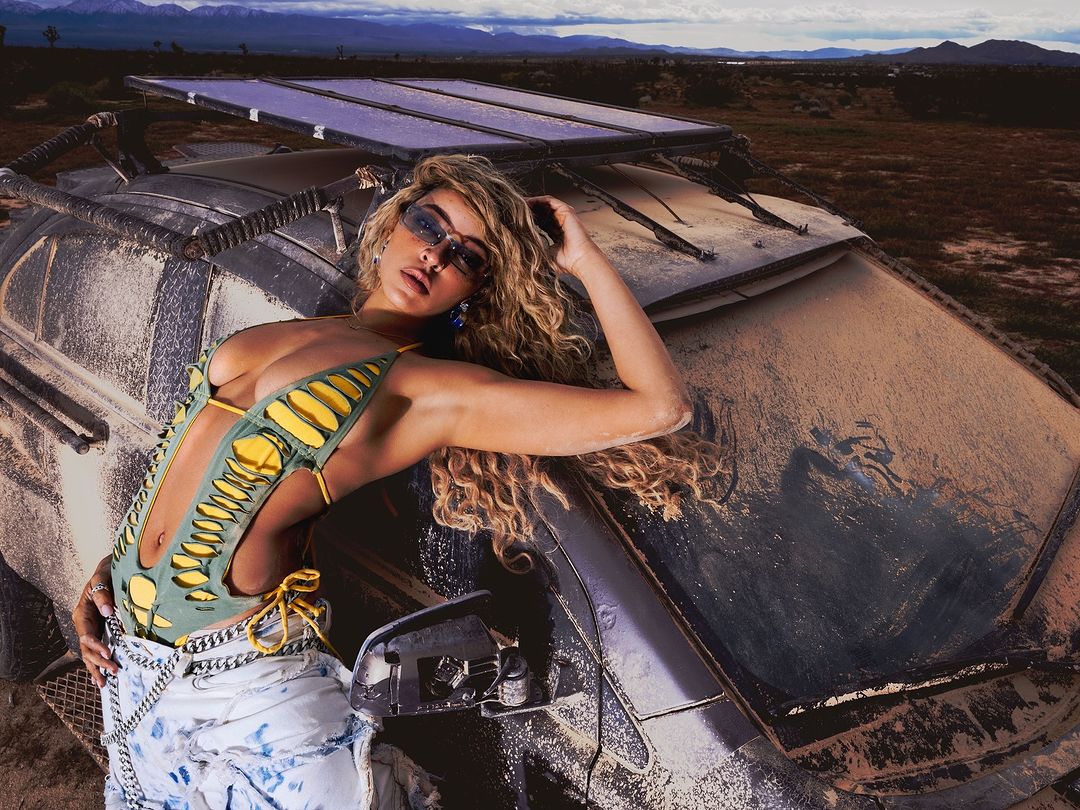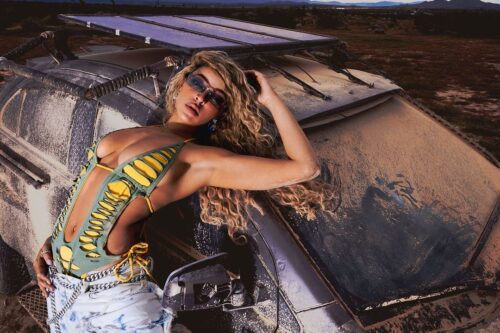
Ryan Lewis is back in his element. Speaking from a studio in Seattle, the 26-year-old Grammy-winning producer sounds relieved: “We still have spot dates throughout the year and some festivals we’re doing, but it’s great to be back in a routine. First and foremost, I’m a producer over DJing and stuff like that—so it’s nice to be back.”
But he isn’t resting on his laurels. The Spokane native behind he and Macklemore’s The Heist has joined with his mother, Julie Lewis, and Seattle-based non-profit Construction for Change to launch the 30/30 Project. Julie (whose thirty years as an HIV survivor gave the project its name) previously worked as a health educator and HIV prevention specialist for the Spokane Regional Health District, among a host of other roles. As part of an initiative to bring access to affordable healthcare to areas in need, she and her team have outlined a plan to build a series of clinics and health centers in developing nations.
Lewis spoke to 2dopeboyz’s Paul Thompson at length about the initiative, healthcare in the developing world, and how he and his family dealt with his mother’s diagnosis. You can donate to the 30/30 Project here.
The first phase of the project is a non-profit health center in Malawi, then there are a series of other locations throughout Africa. Each individual location partners with a different local organization—how were those relationships built?
Great question. To give a little bit of background, my mom has been working for an organization called Construction for Change for the last few years. For each of these projects—although who we’re partnering with changes depending on location—Construction for Change is actually building all of the structures. They’re on every project. That’s something [my mom] has been doing for the past few years, building things like medical centers and schools. When she came up to the thirty-year mark of surviving HIV-positive, the 30/30 Project was a bit more of a personal project that took what she knew and what Construction for Change is very good at doing, which is building structures that will sustain for a number of years.
It stems from this idea that healthcare is a human right. The remaining cost of the center in Malawi is about $100,000; we were fortunate to raise some money before the Indie GoGo page went live. With that being said, the first location is Malawi, and that’s with Partners In Health, which is huge. For each of these projects, Construction for Change gets applications from existing NGOs [non-governmental organizations] and non-profits that have existing work in these places. Partners In Health has been in Malawi, where one in ten adults has contracted HIV. The region in which we’re building is the Neno District, a rural area that only receives sporadic access to healthcare, usually through mobile clinics. What Partners In Health doesn’t have—and what lots of these places don’t have—is just an actual place for people to go. There’s no kind of concrete clinic of medical center that’s meant to be a resource to the community over a long period of time. It’s going to be sustainable: the plan is to turn it over to the Ministry of Health. It will still be there thirty years from now.
You’re working in a lot of different countries. Do you run into any red tape with the local governments?
Each country is obviously a very different situation. I know that in some of these projects, the government is actually partnered with us, but it depends on what already exists there and on the partnering NGO or non-profit. I think it looks a little different territory-by-territory.
What kind of work has your mom been doing over the past several years?
She’s been with Construction for Change for the past few years, and she was World Vision before that. Prior to coming to Seattle, she had a pretty long-term job with the [Spokane] Speakers Bureau doing HIV/AIDS education—everything from high schools to youth programs. She was a pretty well-known speaker in Spokane; she was actually in charge of the Speakers Bureau by the end of her time there. When we came to Seattle, she did a few different things, like volunteering for the Lifelong AIDS Alliance’s food program. But she stepped down from being in the public platform as much; the 30/30 Project is her jumping back into a more public role, introducing her story and our family’s story on a much bigger platform. But for the most part, she’s been working behind the scenes with various non-profits.
My mom, for the past few years, has been the person receiving applications from NGOs and non-profits focusing on healthcare or schools where the thing they need is a physical structure. The 30/30 Project is an attempt to do something big enough to provide for a long list of places that need that kind of help.

What was your earliest memory with regard to her diagnosis?
It’s distinct. She got diagnosed when I was two years old, so she didn’t know she had HIV until six years after she was infected. My parents didn’t tell me or my sisters until I was six and my two older sisters were eight and ten. They told us all at the same time. I remember going to a park, it was kind of a flower garden, and my dad pulled us aside one at a time. You know, six is a super different age from eight, which is a super different age from ten. He was trying to explain it in a way that we could understand, and for a six-year-old, that’s a lot to wrap your head around. And as parents, you’re not trying to instill a whole bunch of fear within your kids.
But the realities of the situation were strong. Needless to say, my oldest sister understood it with a lot more clarity right off the bat. I was the most vocal about it [laughs]. I eventually told my whole second-grade class. I told the grocery bagger. This is the early ‘90s; I had no concept of the stigma that came with HIV/AIDS—which I think my mom appreciated. I was young enough that it wasn’t some taboo subject.
Over time, I began to understand it more. We knew a family that was involved in the HIV/AIDS community in Spokane who had a daughter the same age as me. She was infected through birth, and she ended up passing away two days before we started second grade. So it wasn’t that long before I recognized how real a disease it was. For kids, the greatest fear of all fears is losing your own mom. That being said, after getting the diagnosis, our family really prioritized family time and taking trips and spending time together, not knowing how long my mom would be with us.
It’s funny, I did an interview with People magazine a couple days ago, and they were really trying to pinpoint, “What was the moment that you realized?” But it’s like, “You’re talking about my entire life”. There isn’t one day when you wake up and say “Holy shit, my mom’s a survivor!”, it’s just over the course of years. A huge part of that was just getting through the ‘90s. When she was diagnosed, there was one drug, and that drug made you very, very sick. It was called AZT. So you made yourself really sick in order to have any type of immune system that would let you survive long-term. So a big piece was her just kind of hanging on with some challenging, minimal drugs until more drugs game out.
And then, you know, you fast-forward thirty years, and to get infected with HIV today is totally different. It’s not a death sentence. You can live a full life if you’re diagnosed tomorrow. What the 30/30 Project is all about is really recognizing that, and in turn seeing that the problem is really access. All of these drugs exist, and if there were access in place, people would be able to maintain, not just wake up every day focused on survival, but be able to think about the future.
If you can’t give financially, what can you do?
Construction for Change is a fairly small organization—this project is really their big leap into doing larger work, and they’re growing rapidly. People who want to be involved can join the network of volunteers. Start there. I think in terms of people who can’t provide financially but can spread the word, do just that. You launch a campaign, and I think the tendency is to equate its success with how quickly the dollars and cents are coming in. I’ve been surprised at the power of word of mouth. It’s not like we raised a half-million dollars in a couple days, but to see the number of press outlets and cultural leaders and CEOs who have jumped onboard to support—that’s huge. That’s what we need. Using your voice to spread the word that healthcare is a human right.

